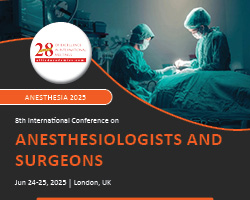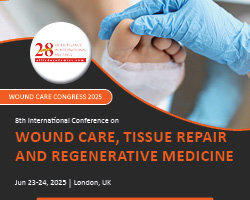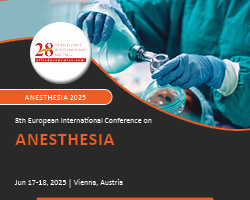404 Page not found!!
We weren't able to find this page. Here are some other open options you might take up!!Worldwide Allied Events
Upcoming Events
-
8th International Conference on Anesthesiologists and Surgeons Rome, Italy, Italy
-
8th International Conference on Wound Care, Tissue Repair and Regenerative Medicine Rome, Italy, Italy
-
9th European International Conference on Anesthesia Rome, Italy
-
13th International Conference on Otolaryngology: ENT Surgery Singapore,Asia, Singapore
-
32th International Conference on Nursing Education and Research Nursing Education and Research Paris, France, France
-
4th International Conference on Oral Health and Dentistry Singapore, Singapore



